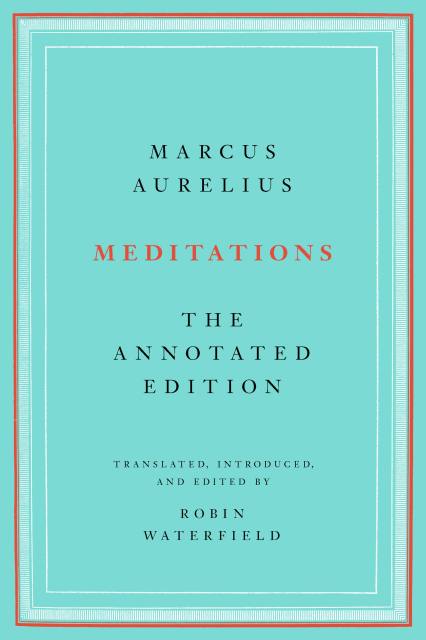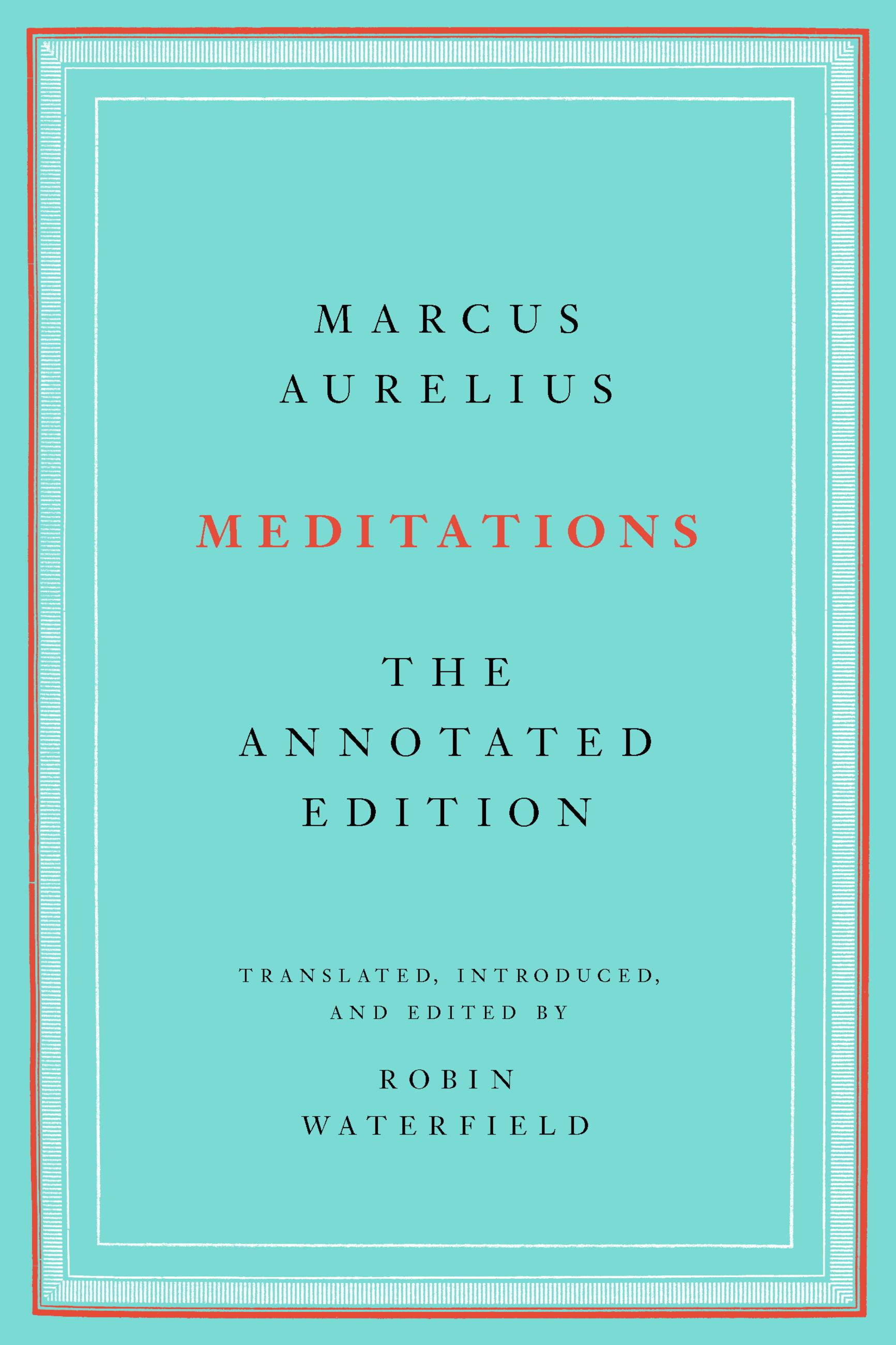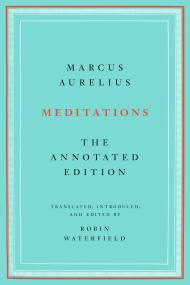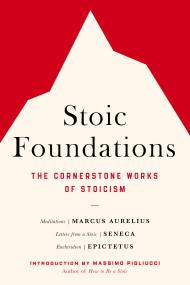By clicking “Accept,” you agree to the use of cookies and similar technologies on your device as set forth in our Cookie Policy and our Privacy Policy. Please note that certain cookies are essential for this website to function properly and do not require user consent to be deployed.
Meditations
The Annotated Edition
Contributors
Edited and translated by Robin Waterfield
Formats and Prices
- On Sale
- Aug 30, 2022
- Page Count
- 384 pages
- Publisher
- Basic Books
- ISBN-13
- 9781541673861
Price
$19.99Price
$25.99 CADFormat
Format:
- Trade Paperback $19.99 $25.99 CAD
- ebook (Abridged) $14.99 $19.99 CAD
- ebook $13.99 $17.99 CAD
- Hardcover (Abridged) $19.99 $25.99 CAD
- Hardcover $32.00 $42.00 CAD
This item is a preorder. Your payment method will be charged immediately, and the product is expected to ship on or around August 30, 2022. This date is subject to change due to shipping delays beyond our control.
Buy from Other Retailers:
For both new and longtime readers, Robin Waterfield’s definitive translation and rich annotations offer everything they need to understand one of the most powerful works of practical philosophy ever written.
“A treat (and an eye-opening experience) … If you haven’t read Marcus Aurelius or if you have…you should read this book and then read it again.”―Ryan Holiday, bestselling author of The Daily Stoic
An inexhaustible source of wisdom, Meditations is one of the greatest works of popular philosophy ever written. As Roman emperor, Marcus Aurelius was the most powerful man in the world, yet he was also an intensely private person with a rich interior life and one of the wisest minds of his generation. He collected his thoughts in notebooks, the entries ranging from one-line aphorisms to essays, from profundity to bitterness, but always with an eye to how one can live with dignity and thrive in an adverse world. This edition offers the definitive translation of this much beloved text. Copious notes from world-renowned classics expert Robin Waterfield enrich the understanding of even the most devoted Stoic, while guiding those new to the text through Marcus Aurelius’ world and the timeless insights he offers.
-
Wall Street Journal
“[This translation] is wonderfully sober and taut, the choices felicitous….The volume’s stand-out feature is its wide-ranging set of footnotes, offering assistance to novice readers, insights that will intrigue specialists, and reformulations that clarify Marcus’ thoughts.”
-
Chris Gill, Classical Review
"The full and accessible notes make this volume particularly useful for those reading the work as life-guidance, as well as for other readers.”
-
Brad Inwood, William Lampson Professor of Philosophy and Classics, Yale University
“A splendid translation… The notes and introduction are detailed but clear, authoritative both historically and philosophically, telling modern readers what they need to know. This is the best translation of the Meditations available today.”
-
John Sellars, author of Lessons in Stoicism
"This new edition of the Meditations really is superb. Robin Waterfield is one of the most accomplished translators of ancient Greek out there. His [translation is] lucid and precise…and the extensive notes take into account the latest scholarship while remaining accessible. This must surely become the first choice English edition of the Meditations for decades to come."
-
Christopher Gill, emeritus professor of ancient Thought, University of Exeter, and author of Greek Thought
“This is a valuable addition to our stock of modern translations of the Meditations. The translation is accurate but also accessible and powerful. The full and informative introduction and the notes, helpfully placed at the foot of each page, make this a book that offers much to a wide variety of readers.”
-
Massimo Pigliucci, author of How to Be A Stoic
“Do we need another translation of Marcus Aurelius’s Meditations? Yes, especially when it is so thoroughly and informatively annotated as Waterfield's. The introduction alone is worth the price of admission.”
-
Nancy Sherman, professor of philosophy, Georgetown University
“A dazzling new translation… Readers: Do not skip the introduction. In hard-hitting and eloquent prose, Waterfield explains the personal and private meditations of an emperor who turns to Stoicism for exercises in becoming a better person and a better world leader.”
-
Tad Brennan, professor of philosophy and classics, Cornell University
“The best of both worlds: a lively, readable, and engaging translation, supplemented by extensive notes drawn from up-to-date scholarship. Marcus emerges from the mists of time with a clear voice and a compelling vision.”
Newsletter Signup
By clicking ‘Sign Up,’ I acknowledge that I have read and agree to Hachette Book Group’s Privacy Policy and Terms of Use







